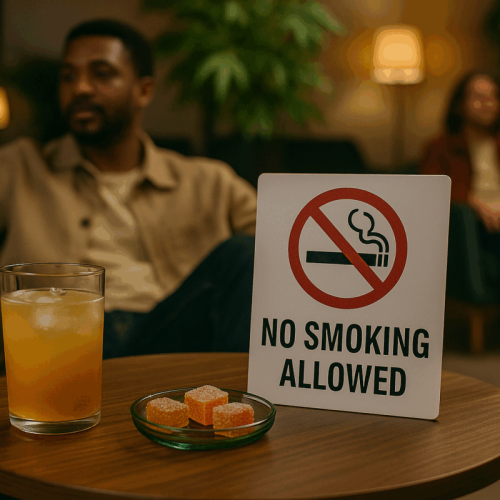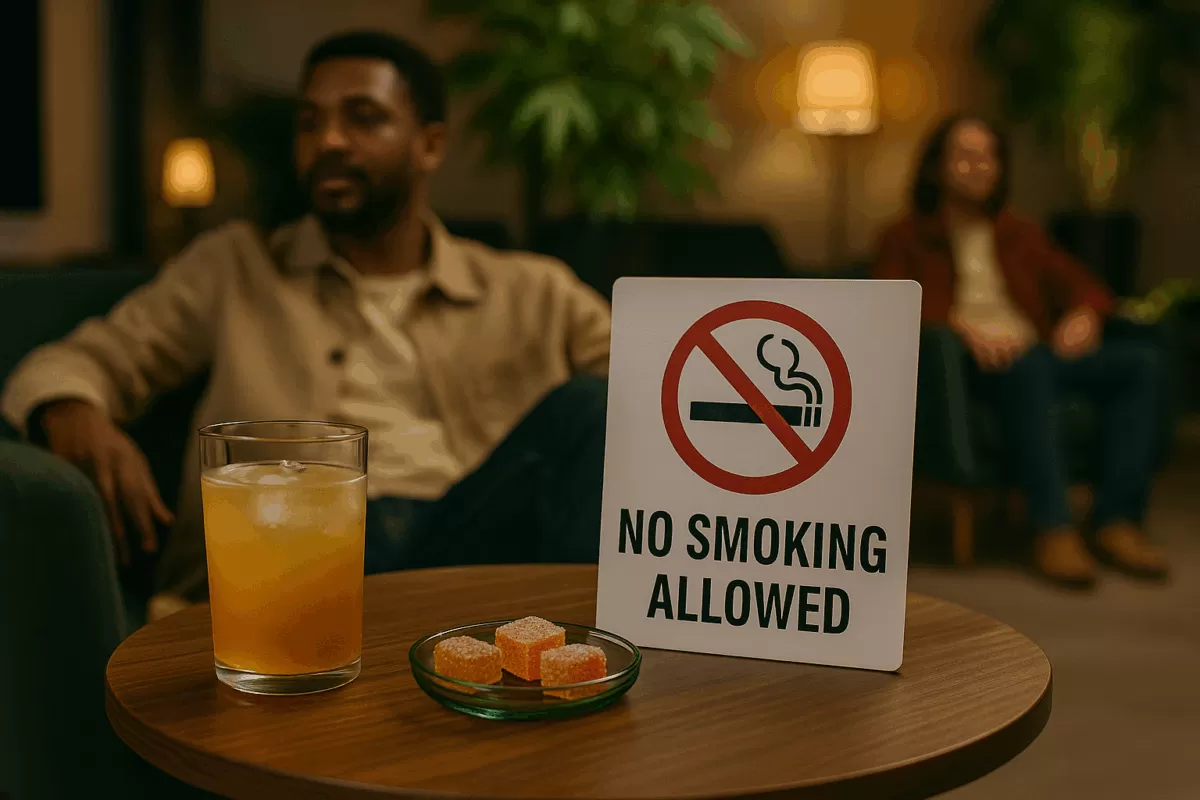Unveiling the Settlement Impact
The Background of the Dispute
The New York State cannabis industry faced a significant setback when Carmine Fiore, alongside three other disabled military veterans, challenged the Office of Cannabis Management (OCM) and the New York State Cannabis Control Board. They argued that the process of awarding Conditional Adult-Use Retail Dispensary (CAURD) licenses overlooked their stores, sparking a legal battle that has since reshaped the landscape of cannabis licensing in the state.
The Settlement: A New Dawn
In a landmark decision, the New York State Supreme Court Judge Kevin Bryant endorsed a settlement agreement, fundamentally altering the course of the CAURD program. This agreement, previously shrouded in confidentiality, outlines a pivotal plan for the issuance of CAURD licenses – a process frozen until April 2024.
The settlement notably awards a dispensary license to each plaintiff – Fiore, William Norgard, Steve Mejia, and Dominic Spaccio. This move isn’t just a mere allocation of licenses; it’s a significant stride towards operational readiness, inclusive of compliance inspections and approval, as well as site protection measures.
Bridging the Gap: Veterans and SEE Applicants
A crucial component of this agreement is the integration of disabled veterans into the Social and Economic Equity (SEE) applicants’ realm. This assimilation ensures that disabled vets receive equivalent benefits as those granted to SEE applicants, such as free cannabis application support, compliance training, and financial assistance through loan-loss reserve programs.
The settlement doesn’t stop there. It envisages the establishment of a Service Disabled Veteran-Owned Business taskforce, dedicated to empowering veterans in the cannabis industry. This initiative mandates the OCM to appoint a specialist in business development for these veteran-owned businesses, further supported by an educational campaign about available business opportunities.
Research and Updates: Focusing on Veteran Health
Another cornerstone of this settlement is the commitment to delve deeper into the role of cannabis in veteran health. This involves continuous research and monthly updates, marking an era of informed understanding and application of cannabis in addressing veterans’ health issues.
The Road Ahead
While the settlement paves the way for a more inclusive and fair licensing process, it also necessitates a pause in the issuance of new CAURD licenses until April 2024. This temporary halt aims to channel the OCM’s resources towards the current application and licensing window, including those for SEE applicants.
As the cannabis community in New York anticipates the final endorsement of this settlement by Judge Kevin Bryant, the industry remains abuzz with activities like cannabis pop-up shops and the Cannabis Growers Showcase. These initiatives reflect the adaptive spirit of dispensary owners, eagerly awaiting the full revival of the CAURD program.
Conclusion
The settlement of the CAURD lawsuit marks a significant milestone in New York’s cannabis industry. It not only resolves a longstanding dispute but sets a precedent for future licensing processes. By embracing inclusivity and focusing on research, New York paves the way for a more equitable and informed cannabis sector.












